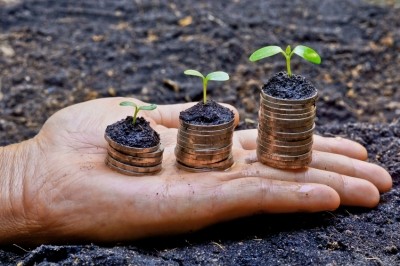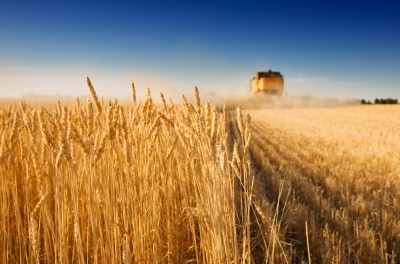Sustainability will become precompetitive ‘within 15 years’, says Nutreco sustainability chief

Speaking at the Sustainable Foods Summit in Amsterdam on Thursday, he cited the definition of sustainable development from Our Common Future, a World Commission on Environment and Development report published in 1987, which says: "Sustainable development is development that meets the needs of the present without compromising the ability of future generations to meet their own needs.”
“This definition of sustainability is highly personal,” he said. “It’s about your children, your grandchildren. It’s about my children.
“The word ‘sustainability’ has been raped, abused. In 35 years I have not met a company or a person who says ‘I’m not sustainable’. How are we going to meet these sustainability needs if we are all saying we are already sustainable?”
Just as consumers now expect that the food they buy will not make them sick, and therefore companies don’t boast about food safety, he said food makers eventually will stop talking about sustainability.
“You have to make it precompetitive. In 15 years, I think you will see that with sustainability,” he said. “Consumers will expect it.”
He said the idea of educating seven billion consumers about sustainable production – or even three million farmers – was overwhelming, especially in light of the FAO’s warning that we need to reduce by half our environmental footprint and, at the same time, double food production.
Instead, he suggested that there were only about 100 companies that controlled the supply chain, including distributors, retailers and foodservice – and focusing on those companies could make the shift to more sustainable production seem more realistic.
According to Villalon, animal feed-focused companies like Nutreco are “well poised because we are in the middle of the food value chain for our industry”. This means they can help encourage more sustainable supply chains from the basic input level to the finished product and, for example, create products that make it less resource-intensive to raise animals.
“It is really an ethical question,” he said.
Villalon’s view echoed that of another speaker, Tobias Bandel, managing partner of Soil & More, who said sustainability needed to be reframed as “the ability to sustain” in order to underline its meaning and to reclaim the buzzword. Better yet, sustainability should do more than sustain, he said, and also make a contribution to environmental and social development.


























